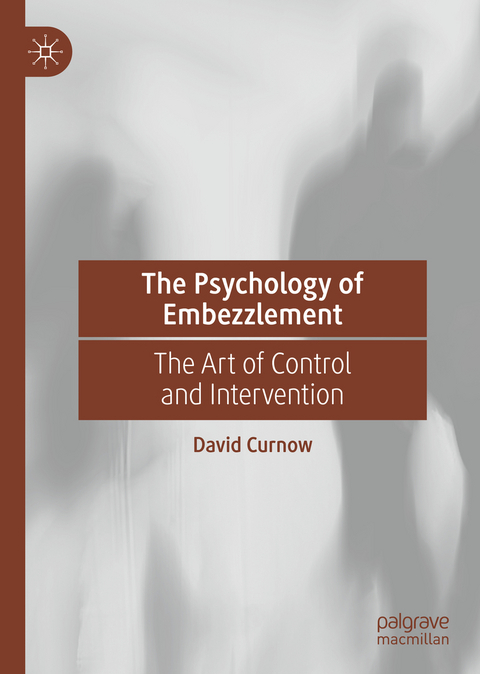
The Psychology of Embezzlement
Springer International Publishing (Verlag)
978-3-030-74438-0 (ISBN)
Dr. Curnow is affiliated with the Centre for Forensic Behavioural Science at Swinburne University, Australia. He has worked as a Forensic Psychologist for over 20 years in prisons, private practice and consultancy. He was appointed to the state Parole Board in 2014 and has also served on the Standards Australia review of Fraud Control Standards. He gained his doctorate in 2011.
Chapter 1: The Cost of Inaction.- Chapter 2: The Offender Mindset.- Chapter 3: Pre-Existing Vulnerabilities.- Chapter 4: Why do I need the funds?.- Chapter 5: How could I steal from the organisation?.- Chapter 6: What are the risks if I do steal from the organisation?.- Chapter 7: Am I really going to do this?.- Chapter 8: What will the organisation do now that I have offended?.-Chapter 9: Do I have the same reason to steal as before?.- Chapter 10: How do I continue to steal?.- Chapter 11: Why is this feeling more difficult than before?.- Chapter 12: How many near misses can I survive?.- Chapter 13: Do I keep going, stop or admit my crime?.- Chapter 14: How much do they know?.- Chapter 15: How can I reduce the consequences for myself and others.-Chapter 16: How does an organisation block, deter, and detect offenders.
| Erscheinungsdatum | 10.08.2021 |
|---|---|
| Zusatzinfo | XXIII, 388 p. 21 illus. |
| Verlagsort | Cham |
| Sprache | englisch |
| Maße | 148 x 210 mm |
| Gewicht | 628 g |
| Themenwelt | Geisteswissenschaften ► Psychologie ► Arbeits- und Organisationspsychologie |
| Medizin / Pharmazie ► Medizinische Fachgebiete ► Psychiatrie / Psychotherapie | |
| Recht / Steuern ► Strafrecht ► Kriminologie | |
| Schlagworte | corporate psychology • counter-fraud strategy • embezzlement • Financial Fraud • Forensic Psychology |
| ISBN-10 | 3-030-74438-8 / 3030744388 |
| ISBN-13 | 978-3-030-74438-0 / 9783030744380 |
| Zustand | Neuware |
| Haben Sie eine Frage zum Produkt? |
aus dem Bereich


